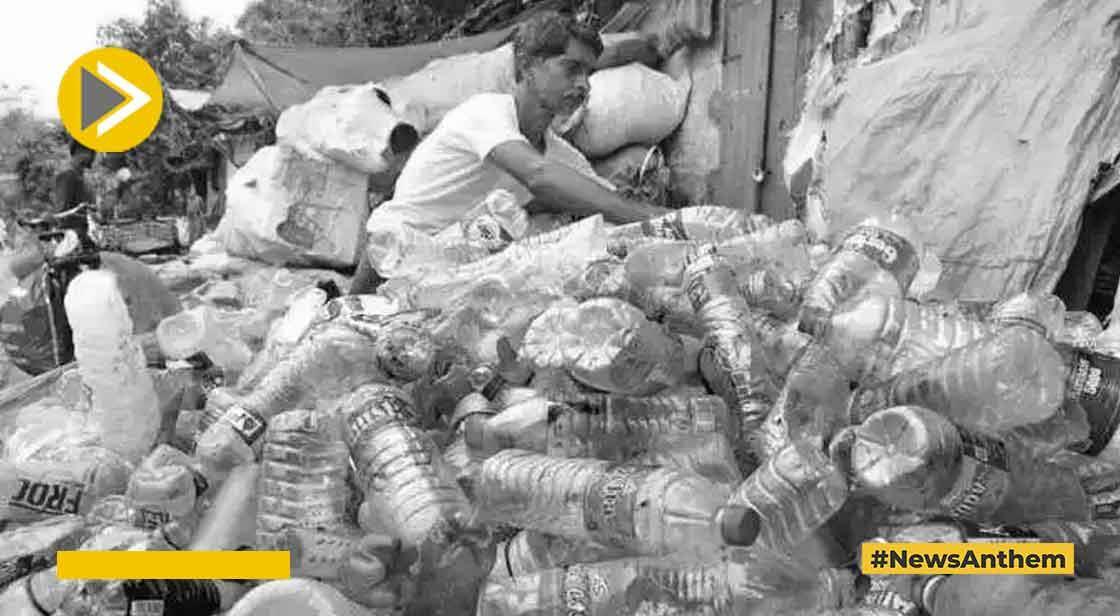UN Plastic Treaty Talks Push for Breakthrough Before December 1 Deadline

News Synopsis
Negotiators at the fifth round of talks for the United Nations' (UN) global treaty aimed at curbing plastic pollution are working tirelessly to secure a deal before the December 1 deadline. These discussions are part of the UN’s broader effort to address the environmental crisis caused by plastic waste, a growing problem that has been exacerbated by the continued production and disposal of plastic products.
South Korea is currently hosting the fifth and final round of the U.N. Intergovernmental Negotiating Committee (INC-5) meeting this week, which is expected to bring countries closer to agreeing on binding rules to tackle plastic pollution globally.
Challenges and Frustrations During Negotiations
Until Thursday, delegates from the approximately 175 countries involved in the discussions had voiced frustration due to the slow pace of progress. Several contentious issues have led to delays, including disagreements over the procedural aspects of the talks, multiple competing proposals, and the repeated need to revisit previously discussed topics. These challenges have created a sense of urgency, especially as the December 1 deadline approaches, and negotiators are keen to find a resolution.
Efforts to Expedite the Process
To address the delays and encourage faster negotiations, the INC Chair, Luis Vayas Valdivieso, has initiated informal meetings on Friday. These sessions aim to address the most divisive issues preventing progress. Key topics include curbing plastic products and chemicals of concern, managing the supply of primary polymers, and establishing a financial mechanism to assist developing nations in implementing the future treaty.
Disagreements Among Key Stakeholders
A major area of disagreement is the proposal to curb plastic production, particularly the primary polymers used to make plastic products. Petrochemical-producing countries such as Saudi Arabia have strongly opposed efforts to place a cap on plastic production. These nations argue that such measures would harm their industries and hinder economic growth. On the other hand, countries bearing the brunt of plastic pollution, particularly low- and middle-income nations, have emphasized the need for action to reduce plastic waste at the source.
The petrochemical industry, while supporting the idea of a global treaty, has urged governments to avoid mandatory production caps. Instead, they advocate for solutions focused on recycling and waste management to reduce plastic’s environmental impact without disrupting the supply chain.
The Final Push for Agreement
As Friday progresses, the INC plans to hold an open plenary session at 7 p.m. (1000 GMT), where key negotiators will provide updates on the progress made during the discussions. This session is expected to shed light on how close the treaty is to becoming a reality. The outcome of the session could indicate whether a breakthrough is possible within the remaining days before the December 1 deadline.
Looking Ahead
With so much at stake, the coming days will be crucial for the success of the UN’s efforts to reduce plastic pollution globally. The outcome of the negotiations will have significant implications for environmental policies, particularly regarding how nations approach the production, use, and disposal of plastics. As the deadline nears, negotiators are under immense pressure to find common ground and establish a treaty that can effectively address the environmental challenges posed by plastic waste.
You May Like









